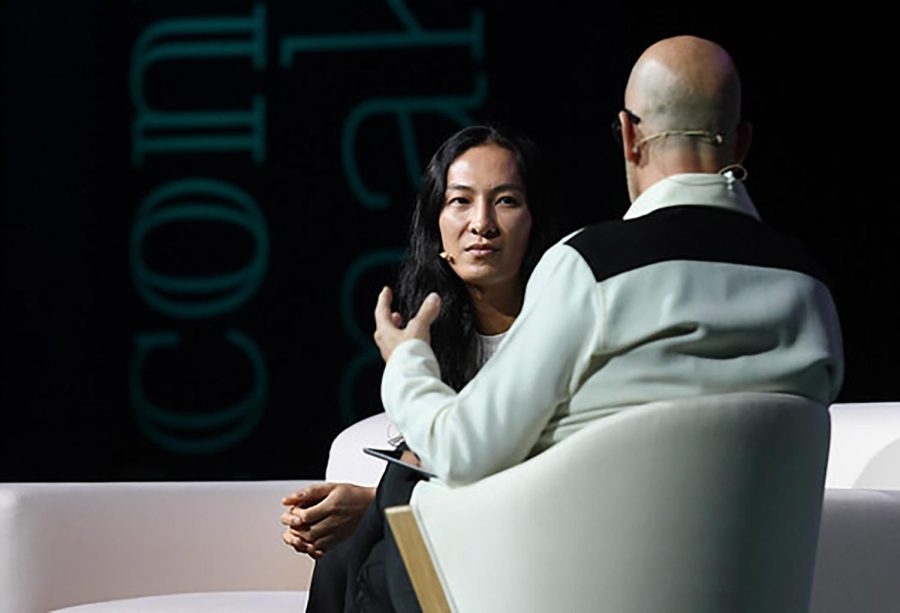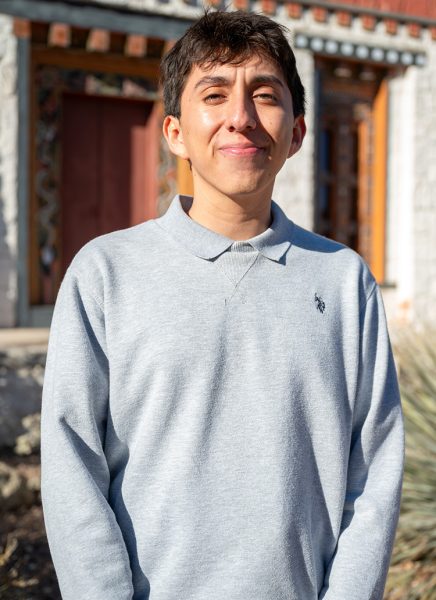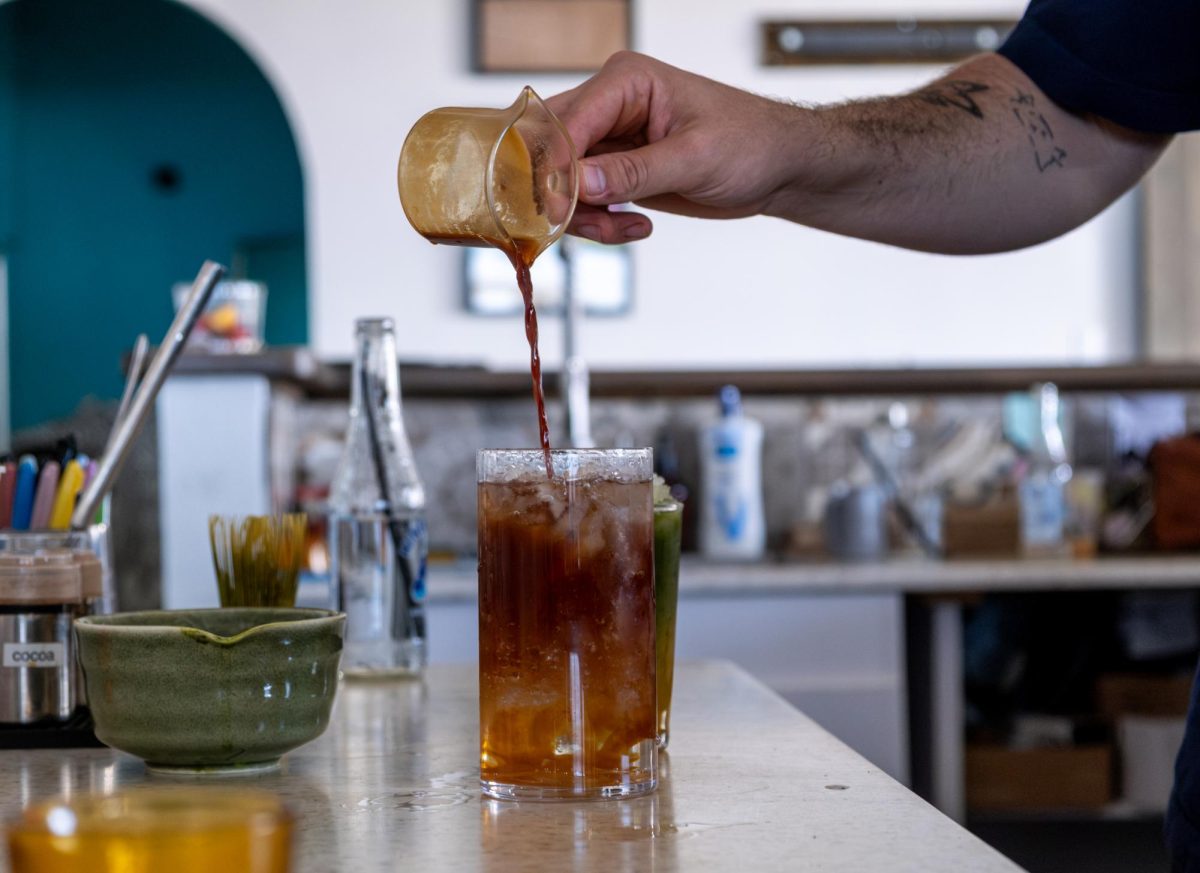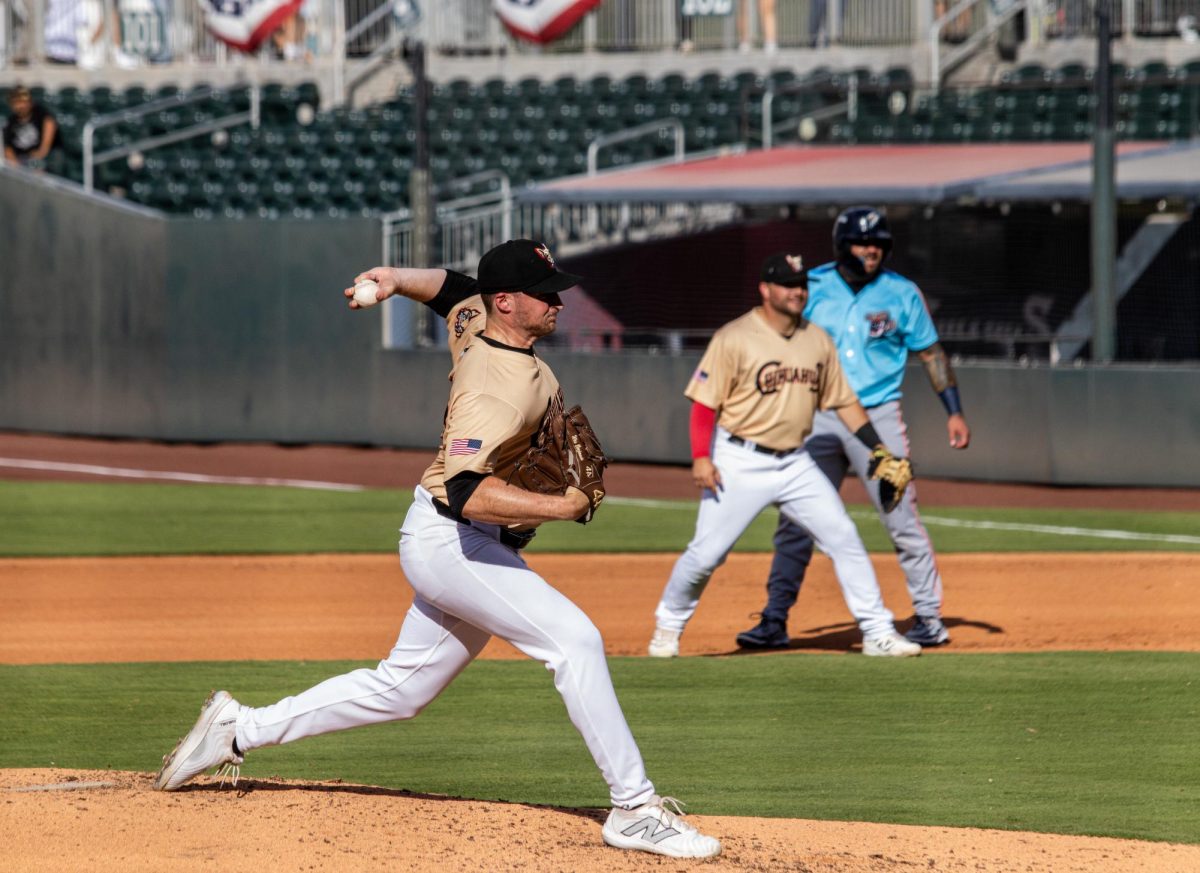With gleaming catwalks and high-end fashion models strutting down the runway, fashion week is one of the most anticipated events for designers and models, making it everyone’s favorite annual event for fashion-lovers and the high-end clothing associated with it.
Despite its glamorous reputation, Fashion Week occasionally stirs up quite a bit of controversy by allowing problematic designers to showcase their creations, having real animal fur walk the runway among other things. As a result, one may ask why they would allow this sort of behavior on the runway.
High-fashion brands like Prada, Diesel, and Blumarine highlight their innovative designs to the public but occasionally, some problematic designers are still welcomed kindly and return to fashion’s good graces despite their controversial pasts.
Just earlier this month at New York Fashion Week, celebrities and high-profile editors like Vogue editor Anna Wintour were all present for designer Alexander Wang’s first runway show since 11 men accused him of sexual assault back in 2020.
These accusations came to light in December 2020 when model Owen Mooney came forward and accused Wang of inappropriate touching just shortly after stylist and fashion archivist David Casavant recounted a similar experience to The New York Times.
According to Business of Fashion, Mooney shared his experience about Wang on TikTok and in a statement he discussed why he chose to come forward.
“I have never kept what happened to me a secret. I have always been very vocal and open to my friends and family about it,” Mooney said. “I was sickened and shocked I was not the only victim of this behavior. So, I felt it was necessary to stand with these people.”
From there, multiple people anonymously as well as on the record made statements against Wang to publications such as The Cut, The Guardian, and BBC. Wang’s initial response denied these allegations and gaslighted his victims by calling their allegations false and fabricated.
In the wake of the scandal, a shift in Wang’s marking tactics started to appear along with his sudden focus on Asian American initiatives struck some as an attempt him deflecting his behavior and allegations.
Shortly after this, in March 2021, Wang issued another statement on his Instagram account. It was the designer’s first acknowledgment of any wrongdoing.
“While we disagree on some of the details of these personal interactions, I will set a better example to encourage others to recognize harmful behavior,” Wang said. “Life is about learning and growth, I will do better.”
Since then, Wang has evaded accountability even while his first fashion show in New York received much praise sending a strong message that celebrities were ready to forgive and forget. So, it would be safe to assume that the term cancel culture does not exist in the fashion industry for designers like Wang.
Fashion Week, which includes shows in New York, Paris, London, and Milan, which some fashion experts regard as the “Fashion Capital of the World”—takes place twice a year, typically during the spring and fall seasons.
To some, the beautiful thing about Fashion Week is that it brings people from all over the world to get a sneak peek at the latest fashion trends. Fashion designers can be innovative and freely reinvent themselves on the runway with their vibrant garments, daring silhouettes, and couture designs.
But to a certain extent, as some would argue. In just last month’s Paris Couture Fashion Week, Schiaparelli, a fashion house, set the tone with exaggerated silhouettes, gloves, and animal heads embellished on some dresses, which shocked some people on the internet.
Even though the animal heads were not real, some argued that using them could glorify the killing of animals, which is true in the fashion industry where real fur is used. Others believed it was a creative approach and a start toward using these fake animal heads more elegantly and humanely.
In the past, PETA protesters have stormed catwalks with banners and yelled about the glorification of murdering animals in the fashion industry, for their fur and even to the extent of harassing the models for tolerating this behavior.
Animal fur has been losing popularity in the last few years due to protests by the fur industry. Designers are adopting new cruelty-free procedures and realizing the harm it causes. Though the fashion industry is on the right track, there is still more work since they still enable abusers to draw attention to their work.
Erik Acosta is staff reporter and may be reached at [email protected]











